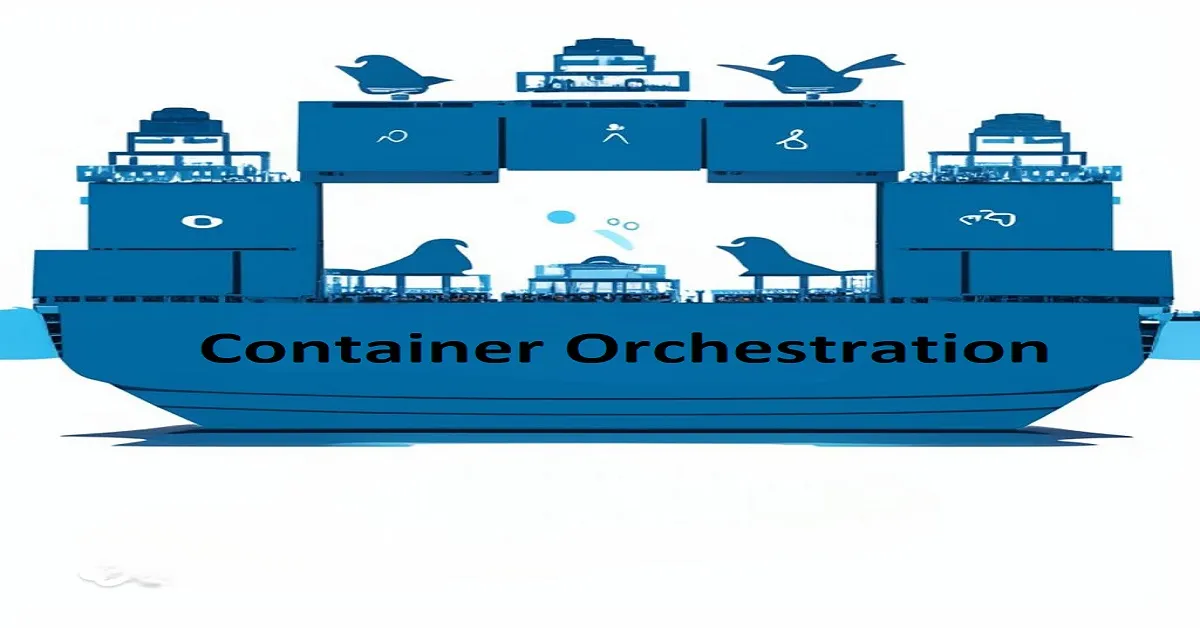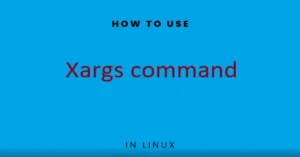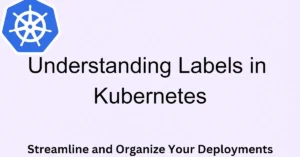In today’s technology-driven world, containerization has become a popular way to develop and deploy applications. However, as the number of containers grows, managing them manually can become a daunting task. This is where container orchestration comes into picture. In this blog post, we will demystify container orchestration and explain its importance in managing containers efficiently. Let’s dive in!
Section 1: What is Container Orchestration?
Container orchestration is the automated management of containerized applications, allowing seamless deployment, scaling, and maintenance across multiple containers and hosts. It involves handling various aspects, such as container scheduling, networking, scaling, and load balancing, ensuring the smooth operation of containerized applications.
Section 2: Key Benefits of Container Orchestration:
-
- Scalability: Orchestration platforms enable easy scaling of containers based on application demand. They can automatically allocate resources to meet increased workload requirements without manual intervention.
- High Availability: Container orchestration ensures that applications are highly available by distributing containers across multiple hosts. If one host fails, containers are automatically shifted to healthy hosts, minimizing downtime.
- Resource Optimization: Orchestration platforms optimize resource utilization by dynamically allocating containers to available resources. This allows efficient use of computing power and reduces unnecessary resource wastage.
- Load Balancing: Orchestration tools employ load balancing techniques to evenly distribute incoming traffic among containers, preventing any single container from becoming overwhelmed and ensuring optimal performance.
- Automated Deployment and Rollbacks: Container orchestration simplifies application deployment by automating the process. It allows for version rollbacks in case of issues, ensuring a seamless transition between different application versions.
Section 3: Popular Container Orchestration Platforms:
-
- Kubernetes: Kubernetes is the most widely adopted container orchestration platform. It provides a robust and flexible solution for managing containerized applications, offering features like automated scaling, load balancing, and self-healing capabilities.
- Docker Swarm: Docker Swarm is another popular choice for container orchestration, particularly for organizations already using Docker. It provides a straightforward and user-friendly interface for managing container clusters.
- Amazon ECS: Amazon Elastic Container Service (ECS) is a fully managed container orchestration service provided by Amazon Web Services (AWS). It simplifies the deployment and management of containers on AWS infrastructure.
Section 4: Container Orchestration Workflow:
- Container Definition: Define the specifications of your application containers, including image, resources, environment variables, and networking requirements.
- Container Image Building: Build container images containing your application and its dependencies using tools like Docker.
- Orchestration Configuration: Define the desired state of your container infrastructure, including the number of replicas, resource allocation, and networking policies.
- Orchestration Deployment: Deploy the containers onto the orchestration platform, which takes care of distributing containers across available hosts.
- Monitoring and Scaling: Continuously monitor the health and performance of containers, and scale resources dynamically based on demand.
- Maintenance and Updates: Orchestration platforms provide mechanisms for rolling updates and canary deployments, ensuring minimal downtime during maintenance or application updates.
Conclusion
Container orchestration is a vital tool in managing the complexity of containerized applications. It automates the deployment, scaling, and maintenance of containers, leading to improved resource utilization, high availability, and efficient application management. By leveraging popular orchestration platforms like Kubernetes or Docker Swarm, organizations can streamline their container operations and focus more on developing innovative applications.
Implementing container orchestration is a wise investment for any organization seeking to harness the full potential of containerization. With the right platform and strategies in place, managing your containers can be a seamless and efficient process.





Pingback: Kubernetes Pods: A Comprehensive Guide For Beginners - Bitsify